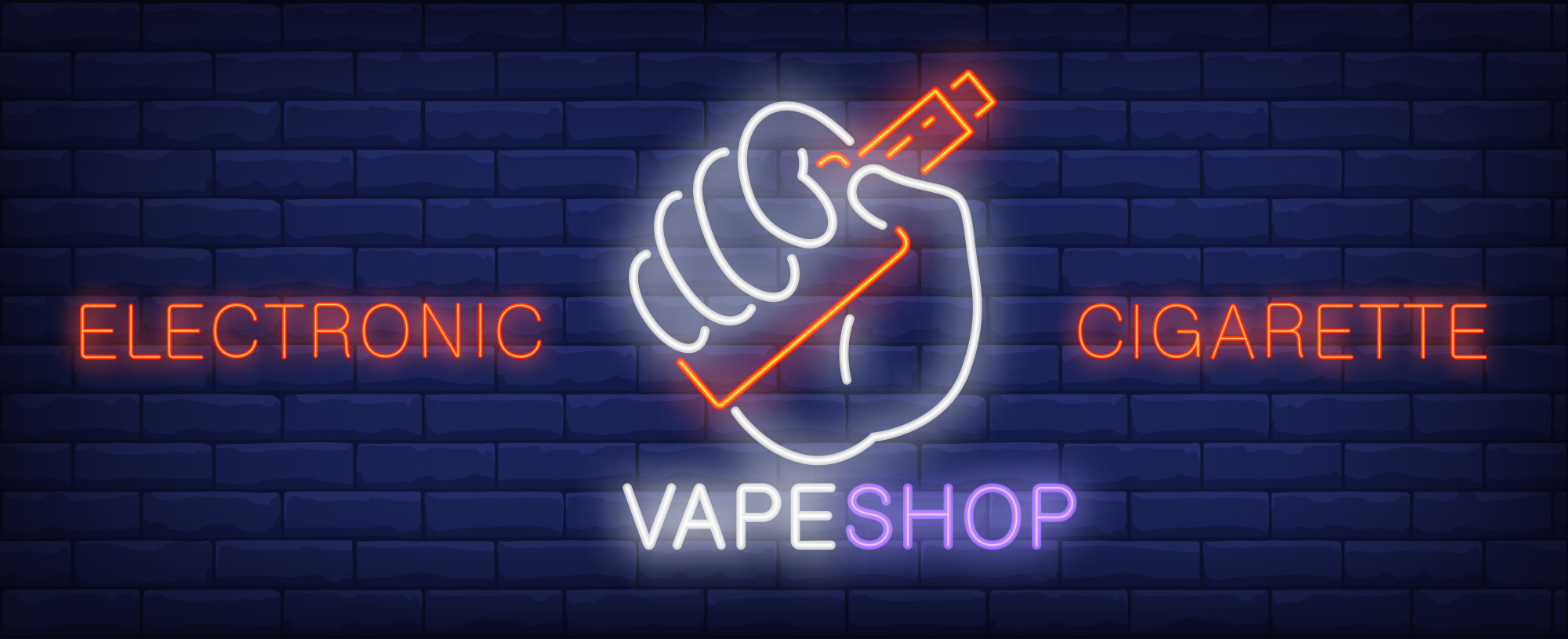Sure, it would be better if no one smoked any nicotine products. But the U.S. Centers for Disease Control and Prevention's repetition of that message blurs important distinctions.
Whether they're warning us about the risks of fat, salt, alcohol or electronic cigarettes, public health authorities tend to mislead — with the best of intentions! — by presenting a black-or-white oversimplification. They equate big risks, small risks and hypothetical risks under one umbrella as "unsafe." In the case of electronic cigarettes, recently declared an "epidemic" and a "public health crisis," the misleadingly dire message deprives people of information we need to balance potential risks against potential benefits.
Electronic cigarettes, or e-cigarettes, are devices that create a vapor people inhale, providing a nicotine fix without the tar that makes ordinary cigarettes so carcinogenic. The products became popular over the last decade, so it's too early to know all the long-term risks, but they are very unlikely to be anywhere near as harmful as cigarettes. And that means people who switch from smoking to "vaping" may be prolonging their lives and the lives of people around them.


















With your current subscription plan you can comment on stories. However, before writing your first comment, please create a display name in the Profile section of your subscriber account page.